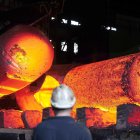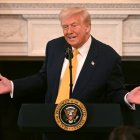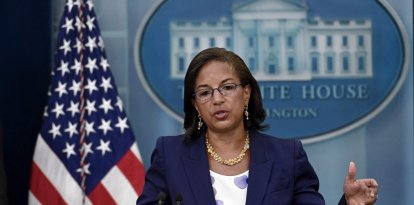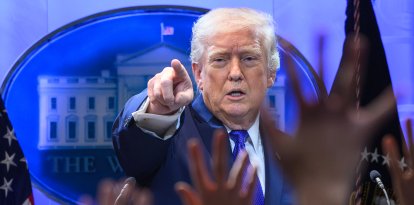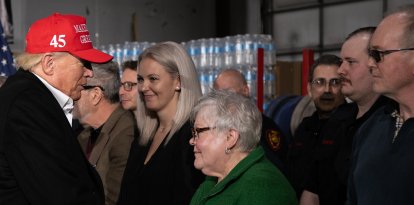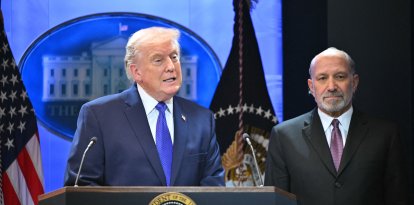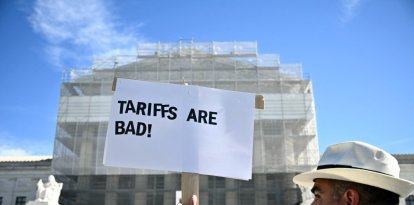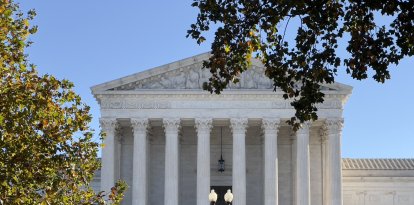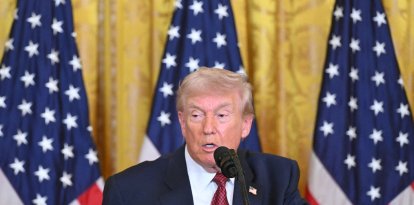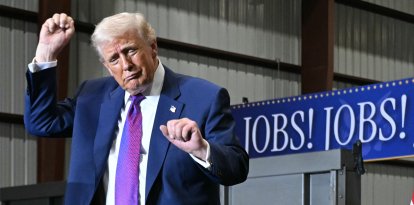Brazil rules out retaliation to Trump's tariffs and seeks dialogue with the US
Lula's government opted for prudence in the face of the new tariffs applied to steel and aluminum exports, while negotiations with Washington to evaluate their effects are advancing.
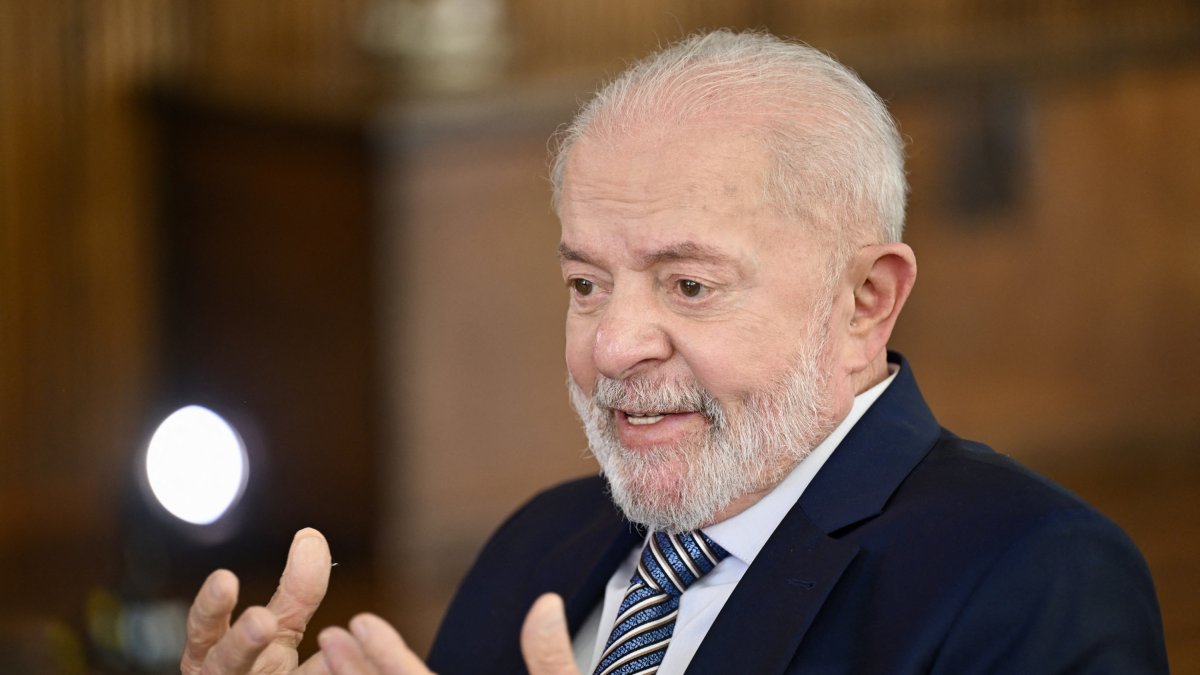
Brazil's president, Luiz Inacio Lula da Silva
The Brazilian government decided not to retaliate against the tariffs imposed by Donald Trump on steel and aluminum. This was confirmed Wednesday by Finance Minister Fernando Haddad, who noted that President Luiz Inácio Lula da Silva has instructed his team to handle the situation with prudence.
"We are not going to proceed in that way under the president's guidance," Haddad declared, adding that Lula asked for "a lot of calm in this moment" of trade tension with Washington. His statements came after a meeting in Brasilia with representatives of the steel industry, where the sector expressed concern about the impact of the measure and proposed strategies to mitigate its effects.
Tariffs and bilateral trade
The Trump Administration has imposed new tariffs on imports from several countries, including Brazil, one of the main steel exporters to the United States. The measure sets a 25% tariff on steel and aluminum imports.
Haddad stressed that Brazil has faced more adverse trade conditions in the past and assured that his country has solid arguments to show that the tariffs could also harm the US economy. In an attempt to avoid an escalation of the conflict, both countries have agreed to create a working group to discuss the new trade barriers. According to the Brazilian Foreign Ministry, on March 7, Foreign Minister Mauro Vieira and US Trade Representative Jamieson Greer established this dialogue during a telephone conversation.
Lula's and the industry's reaction
Although in the past Lula had warned that he would respond with similar measures if Trump applied tariffs on Brazilian steel, so far his government has opted for the diplomatic route. In a previous interview, the president suggested the possibility of resorting to the World Trade Organization or imposing duties on US products.
In the meantime, the steel sector is looking for alternatives in view of the new scenario. This Tuesday, Lula attended the inauguration of the expansion of a Gerdau steel plant in Ouro Branco, where the company invested in increasing its production capacity by 200,000 tons per year, reaching a total of 1.1 million tons. However, the company clarified that the additional production will be destined exclusively for the domestic market.
Brazil produced 33.7 million tons of steel last year, of which almost half was exported to the United States. The imposition of tariffs has generated great concern in the sector, which fears a drop in exports and significant economic losses.
With $80 billion in bilateral trade and a $200 million surplus in favor of the US, Brazil faces the challenge of maintaining its conciliatory stance or adopting a firmer response if the effects on its industry worsen.





